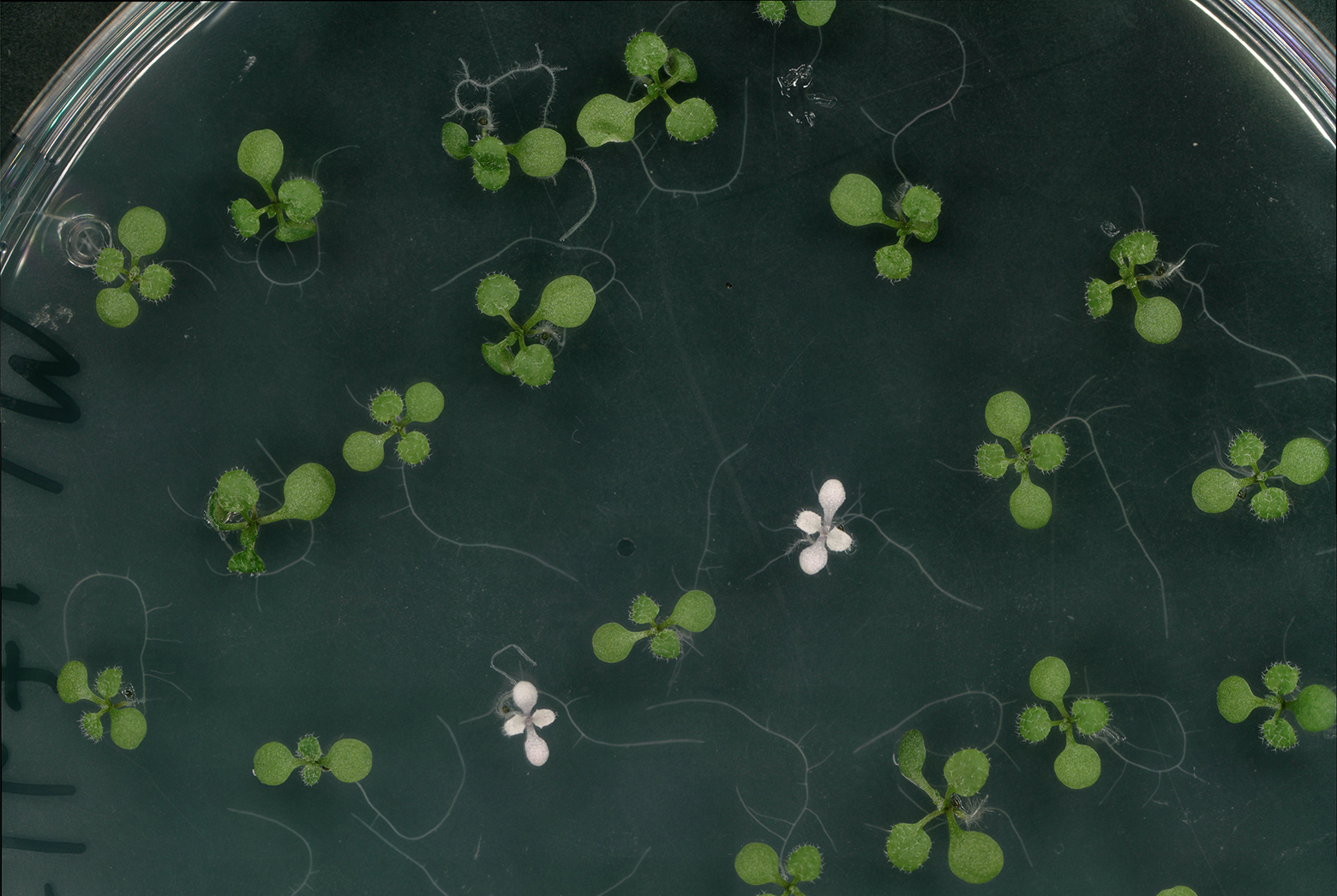
UCLA and UC Berkeley Scientists Develop Tiny CRISPR Tool for Faster, Simpler Plant Genome Editing
April 30, 2025| |
A breakthrough study led by the University of California, Los Angeles (UCLA) has developed a streamlined method for heritable, transgene-free genome editing in plants using a miniature CRISPR system delivered by a common plant virus.
Steven Jacobsen, distinguished professor of molecular, cell, and developmental biology at UCLA, collaborated with CRISPR-Cas9 co-inventor Jennifer Doudna and Jill Banfield at UC Berkeley. Jacobsen engineered the tobacco rattle virus to carry ISYmu1, a compact CRISPR-like enzyme, to target specific DNA sequences in the model plant Arabidopsis thaliana. The genome changes can be passed on to future generations without the virus or any foreign DNA in the edited plant.
The team screened various miniature CRISPR systems in plant cells and identified the compact enzyme ISYmu1 as the most effective gene editing tool. They engineered the tobacco rattle virus to carry this tiny editor and used a natural soil bacterium to introduce the virus into Arabidopsis plants. Once inside, the virus spread throughout the plants, delivering the CRISPR system wherever it traveled.
According to Jacobsen, successful editing produced a clear visual marker. The affected areas turned white, including seedlings, confirming the edits reached reproductive cells. Since plants block viruses from entering seeds, only the DNA modification gets transmitted to the seeds and is inherited by the next generation. "In one step and in just one generation, this system allows for the creation of perfectly normal plants except for the single intended DNA change," Jacobsen added.
Jacobsen also points out that this breakthrough is the beginning of a new generation of genome editing tools that can revolutionize crop development and improvement. The team is now testing the technology in other plants.
For more details, read the article in the ULCA Newsroom.
| |
You might also like:
- Researchers Invent Compact CRISPR System But More Potent and Precise
- CRISPR-Cas12f1: A Mini Genome Editing Tool
- University of Texas Scientists Discover Potential New Gene Editing Tools
Biotech Updates is a weekly newsletter of ISAAA, a not-for-profit organization. It is distributed for free to over 22,000 subscribers worldwide to inform them about the key developments in biosciences, especially in biotechnology. Your support will help us in our mission to feed the world with knowledge. You can help by donating as little as $10.
-
See more articles:
-
Gene Editing Supplement (April 30, 2025)
-
Research and Tools
- UCLA and UC Berkeley Scientists Develop Tiny CRISPR Tool for Faster, Simpler Plant Genome Editing
- INRS Researchers Discover New Tool for Cutting Single-stranded DNA
- Gene Editing Improves Oleic Acid and Stabilizes Bran Oil in Rice
- Enhancing Transformation of South Korean Maize Cultivar with CRISPR
-
Read the latest: - Biotech Updates (December 17, 2025)
- Gene Editing Supplement (December 17, 2025)
- Gene Drive Supplement (February 22, 2023)
-
Subscribe to BU: - Share
- Tweet

